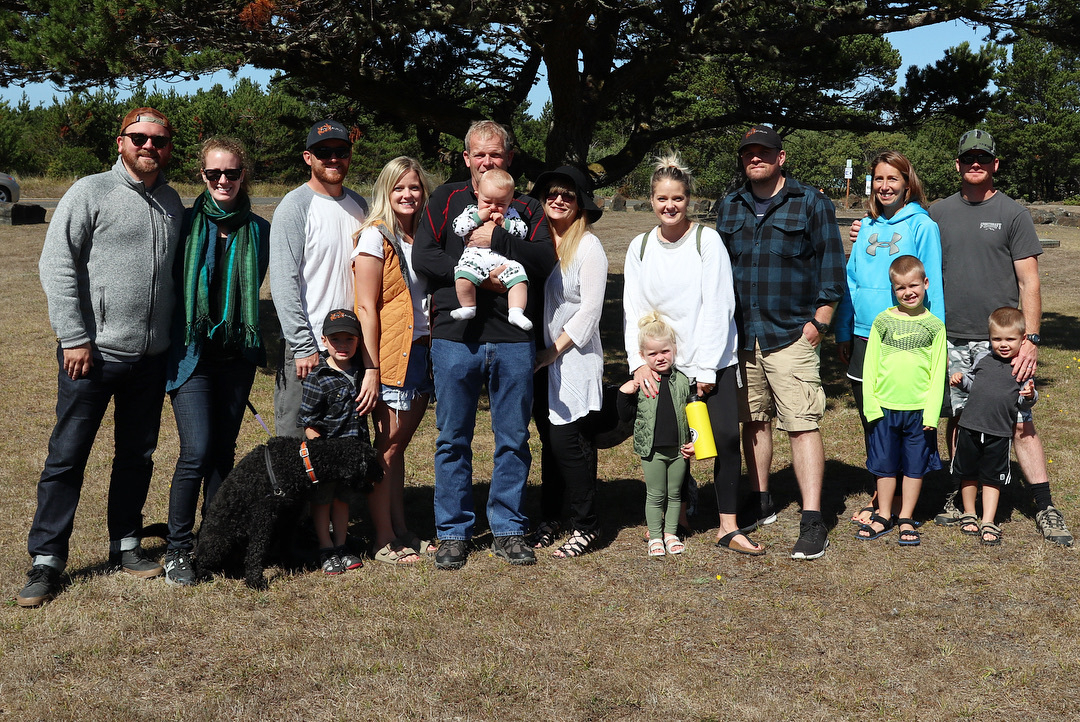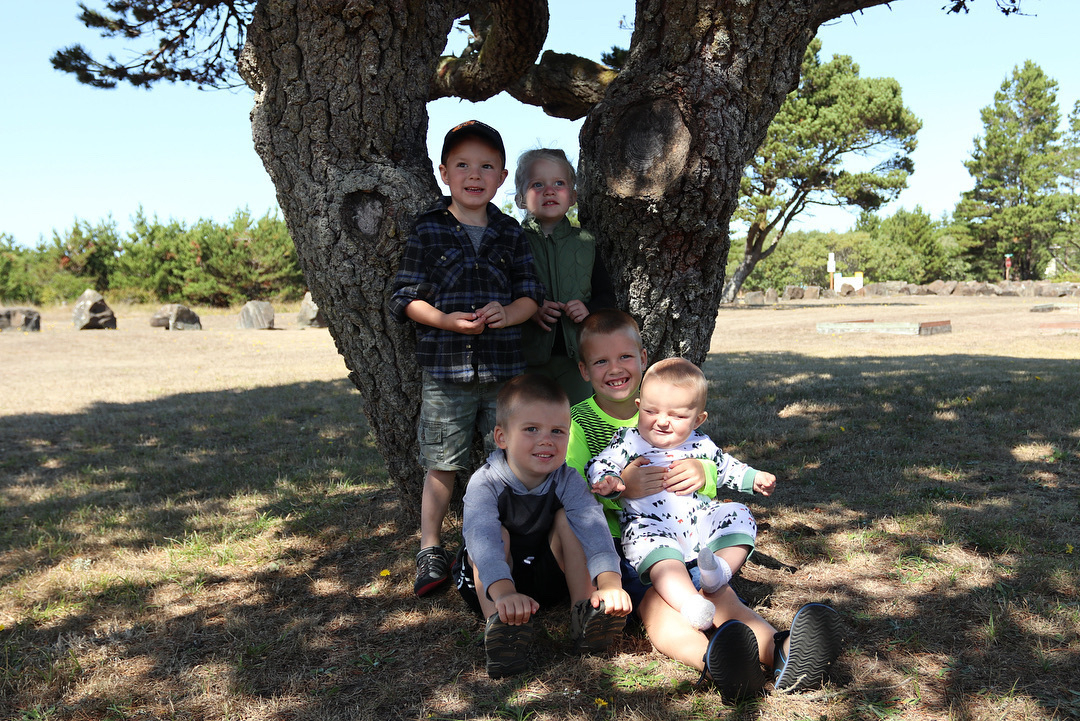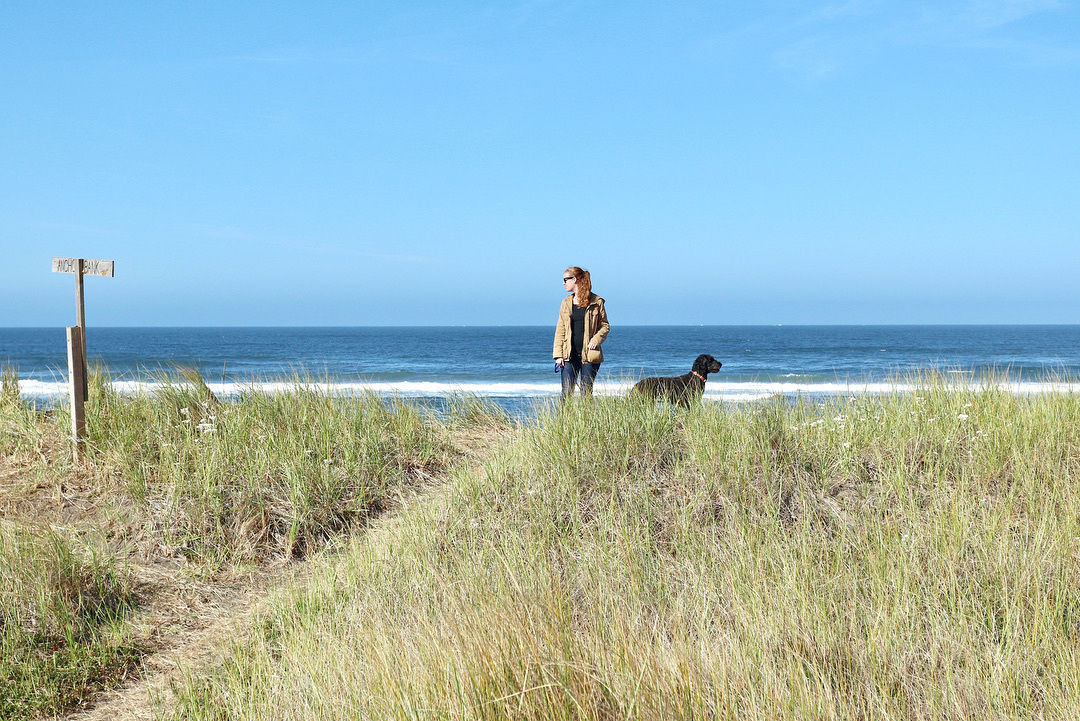#commute #sunrise
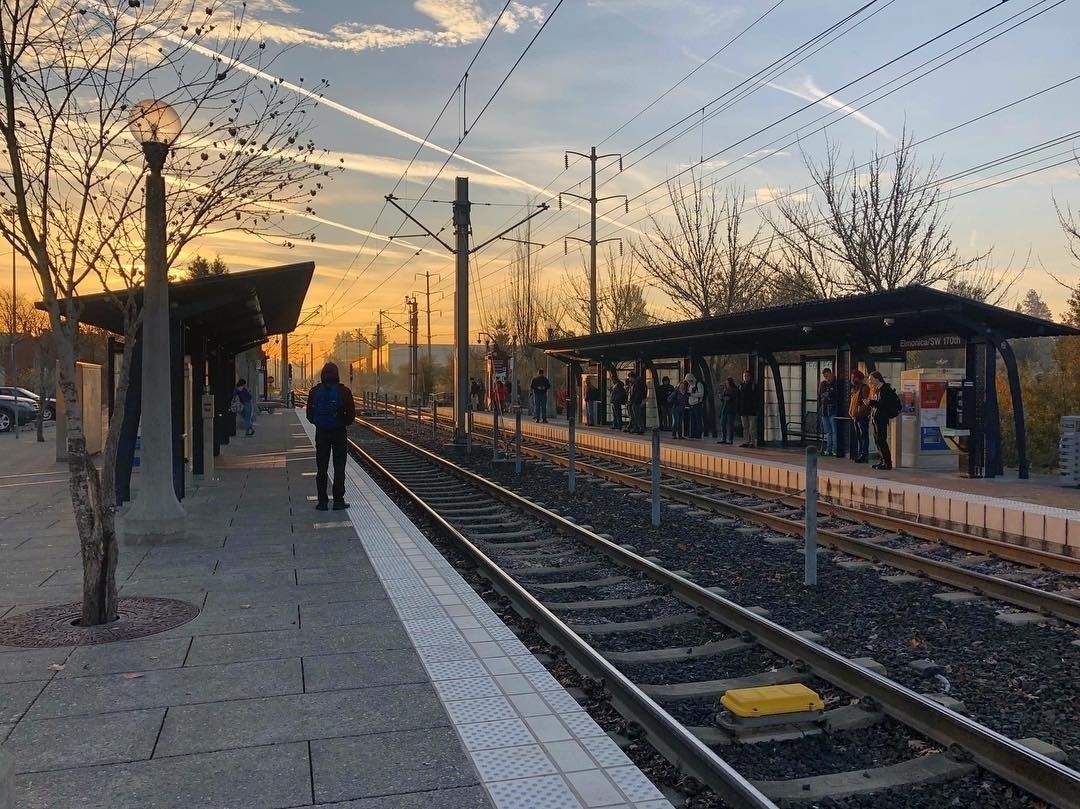

Christopher Alexander

#commute #sunrise

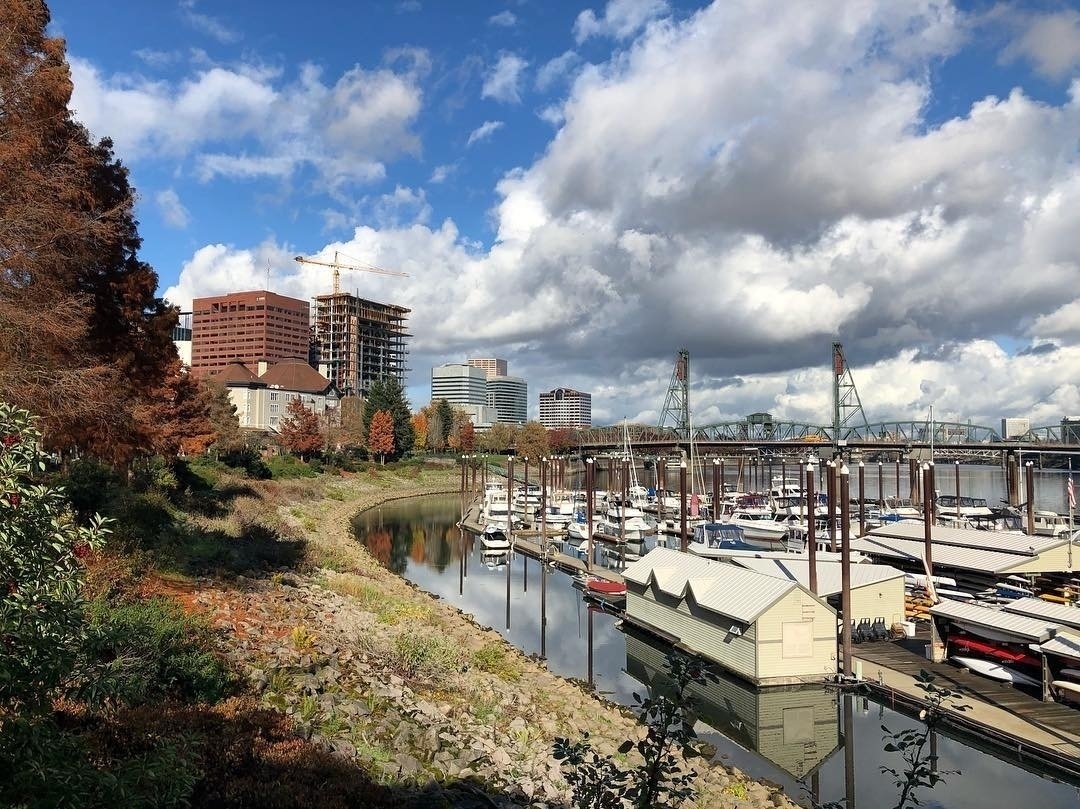

Walking home from the train.

#urbanplanning #janejacobs #brb #stfu #LOL #smh
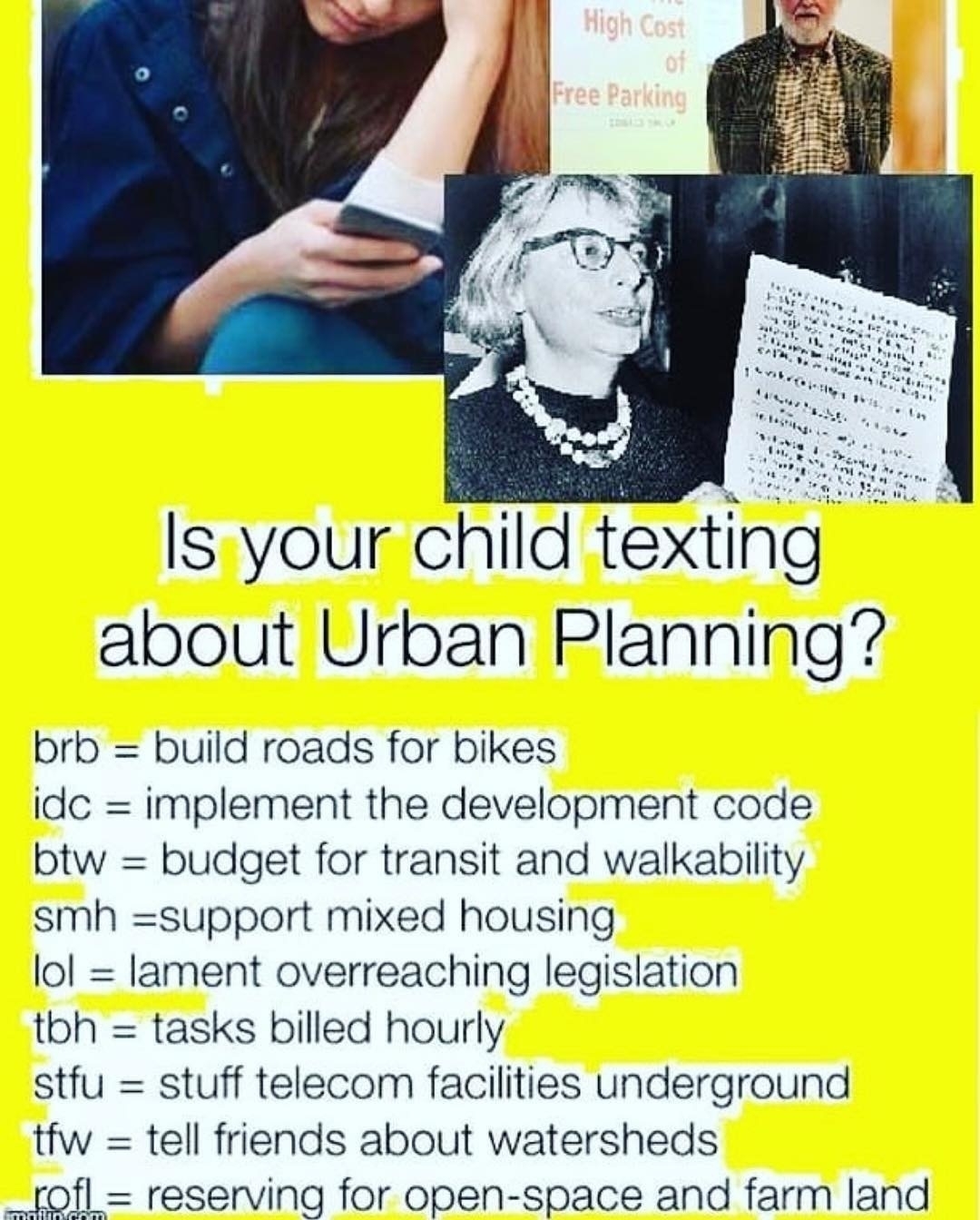
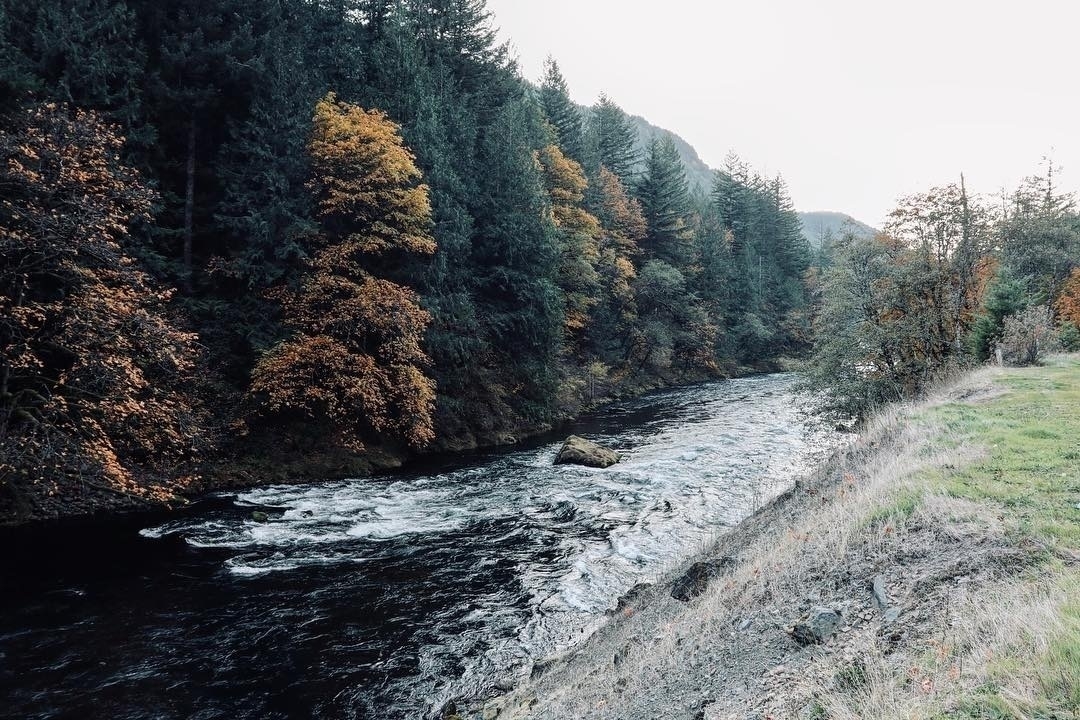

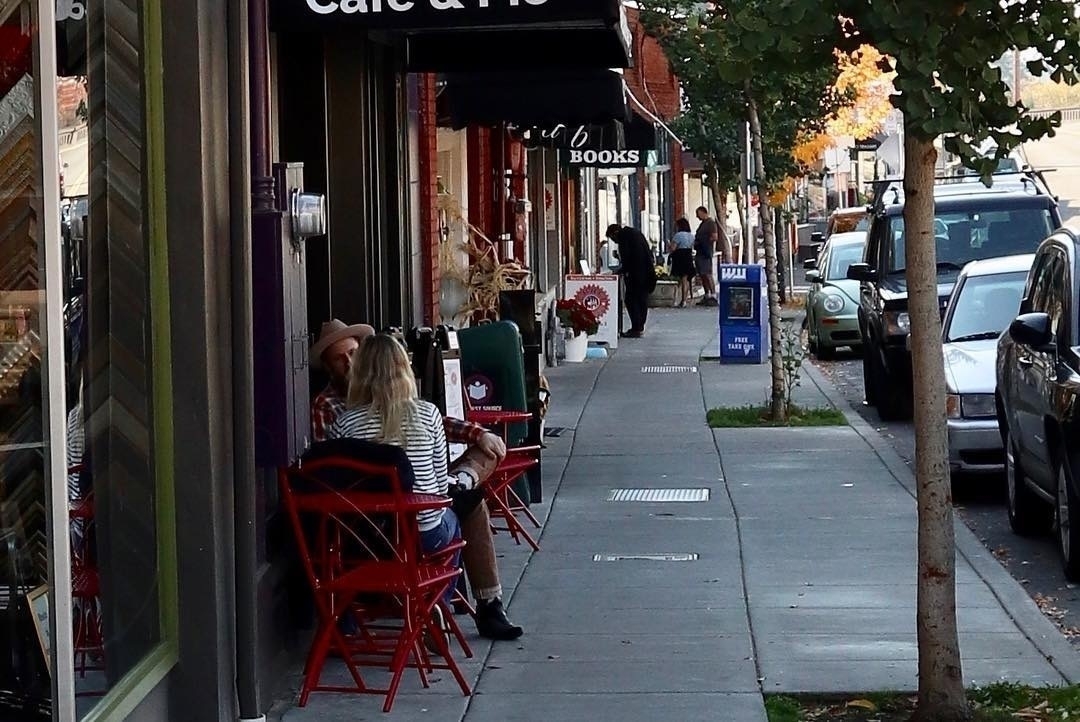
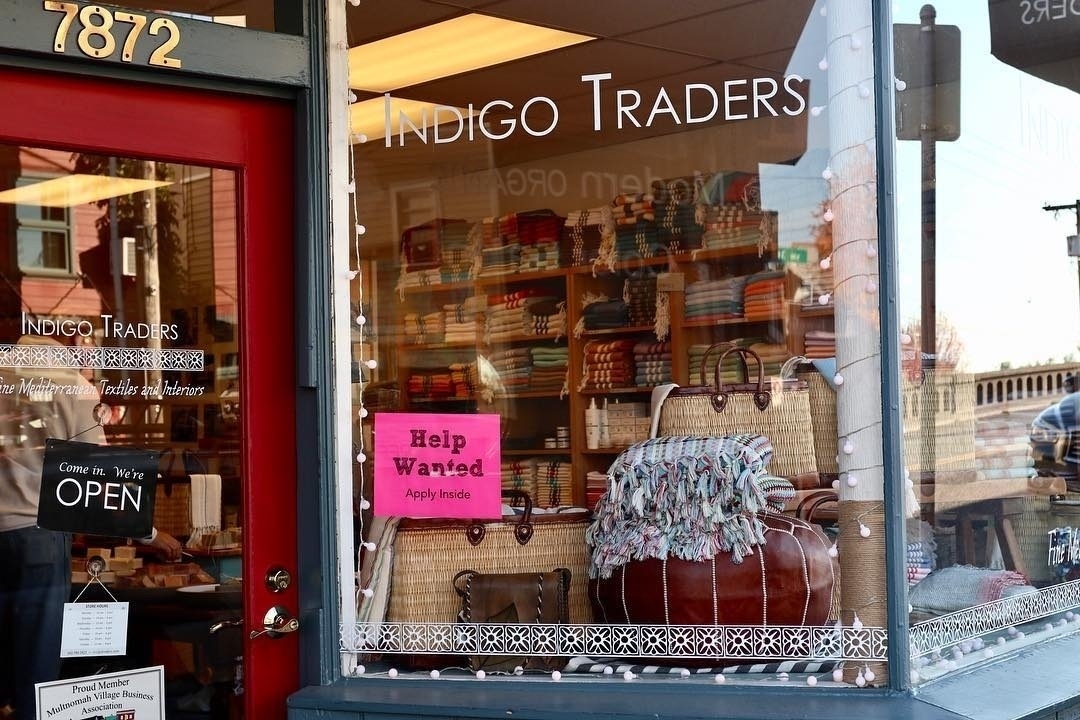
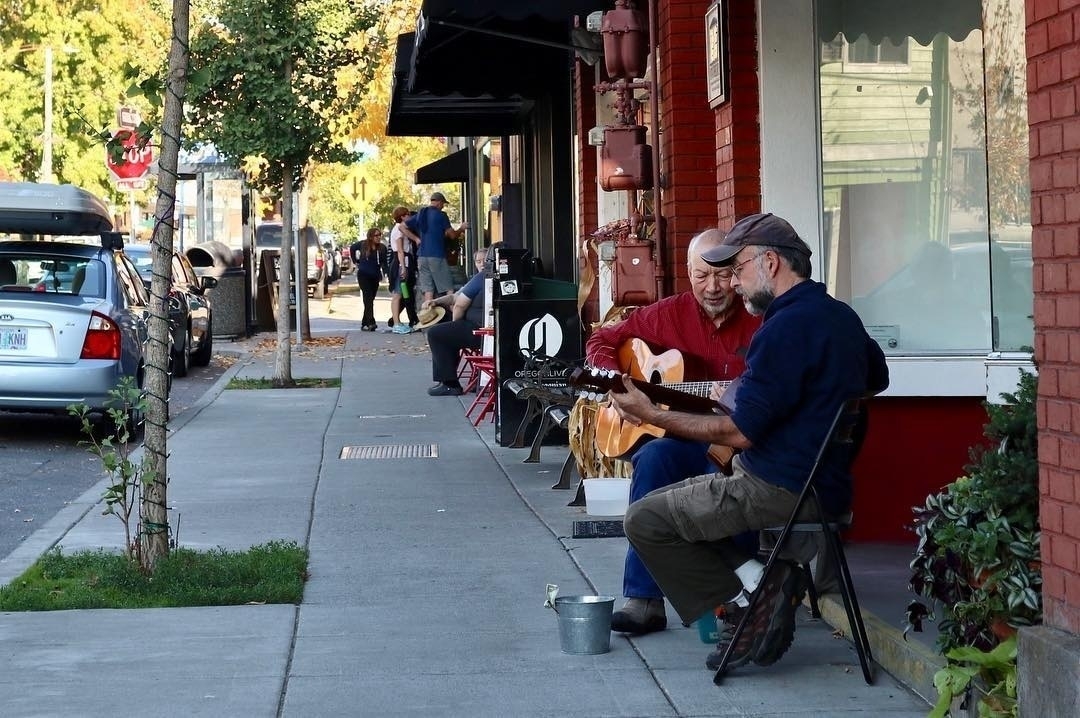

Just about rounded out the second trimester! Still ainât no one know if itâs a boy or a girl.
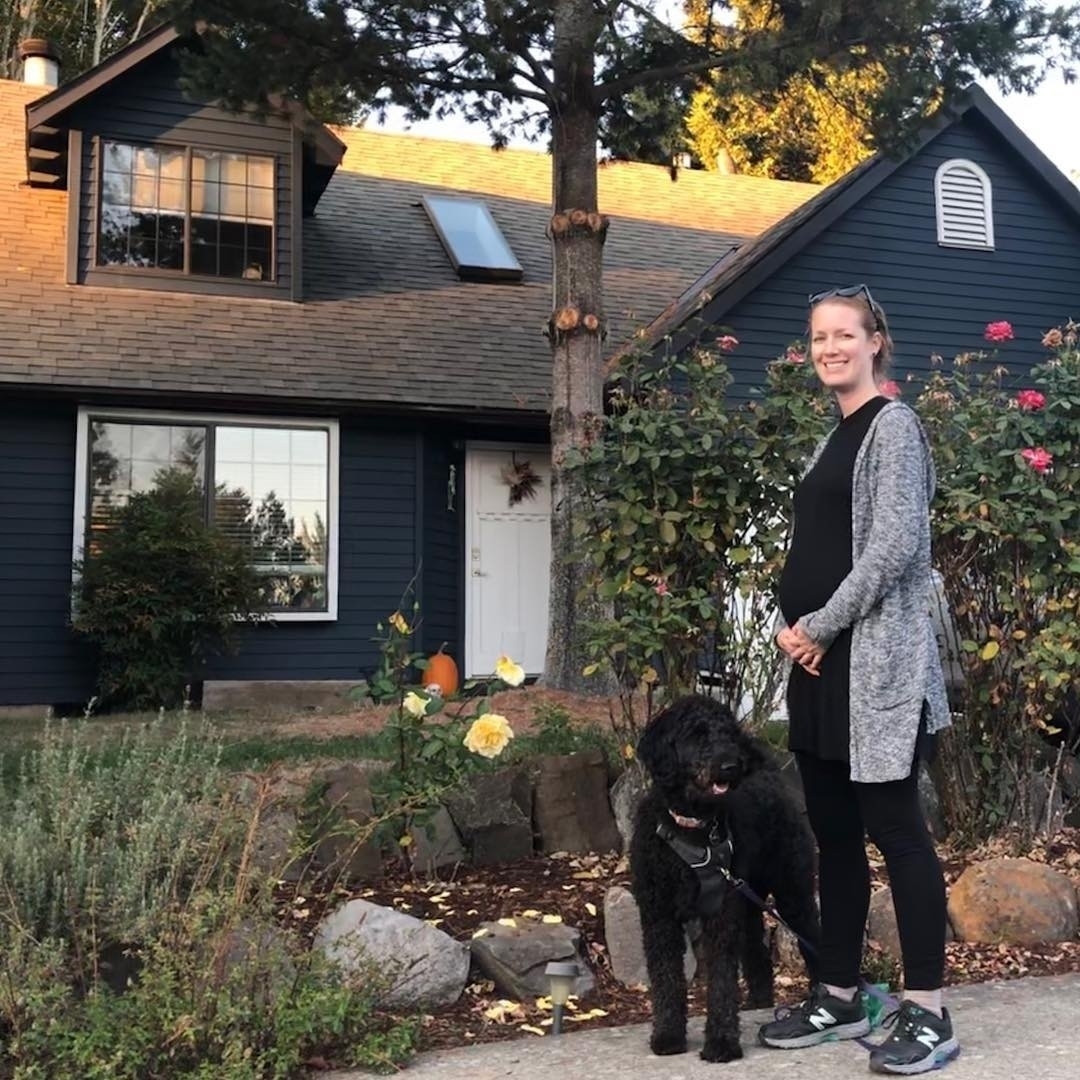
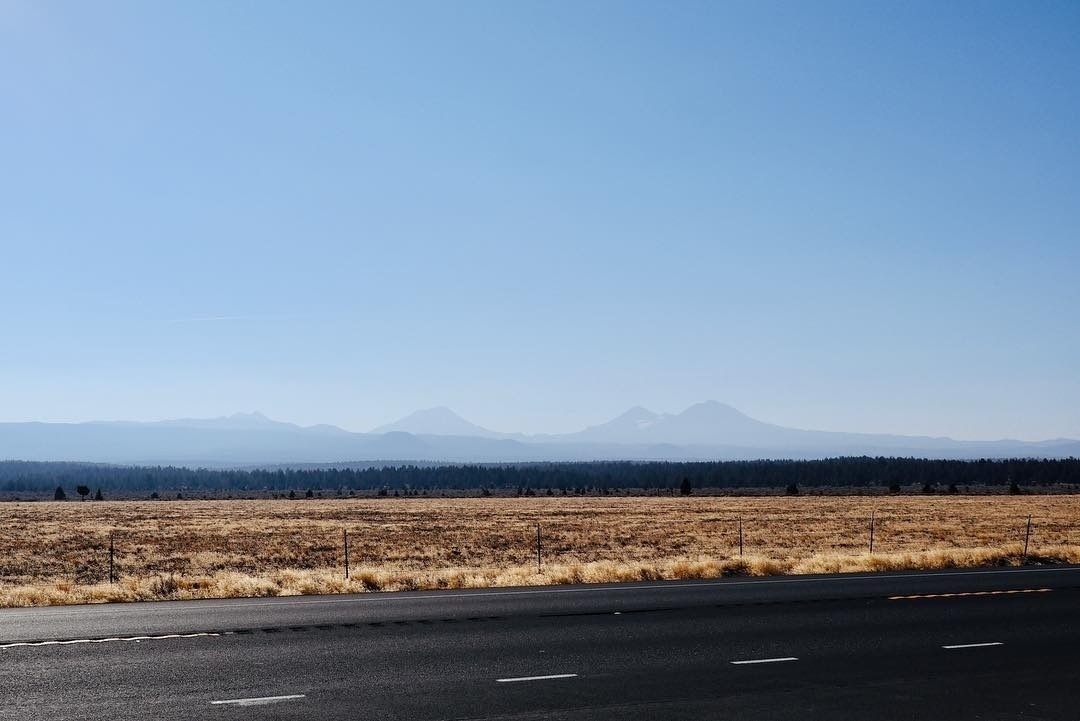
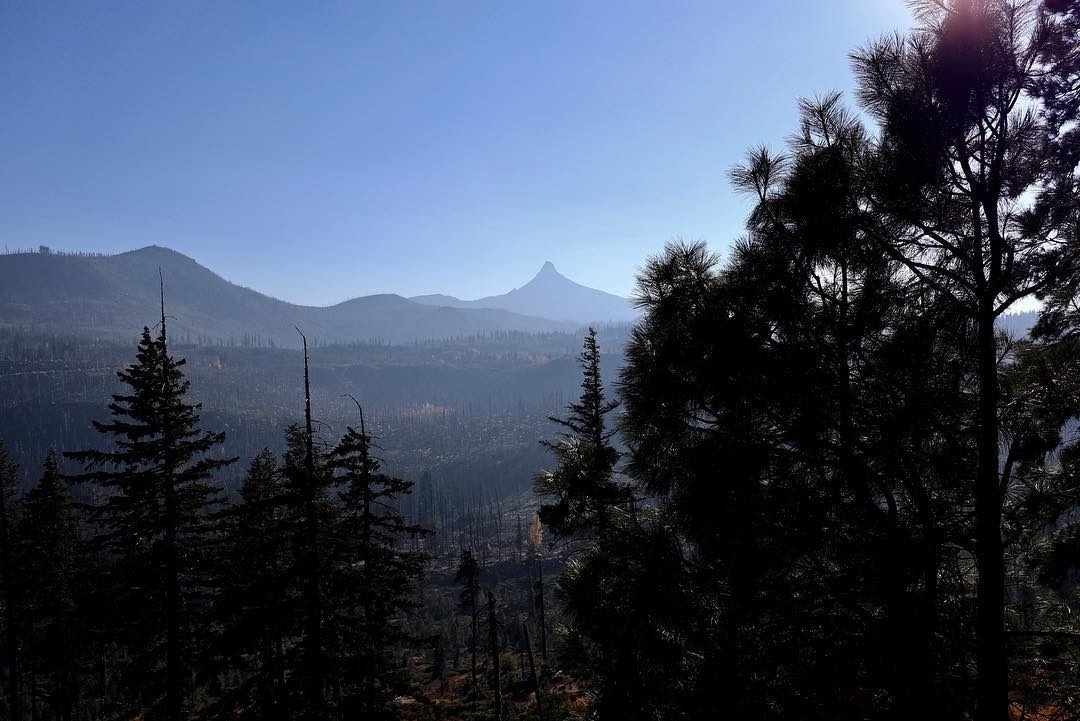
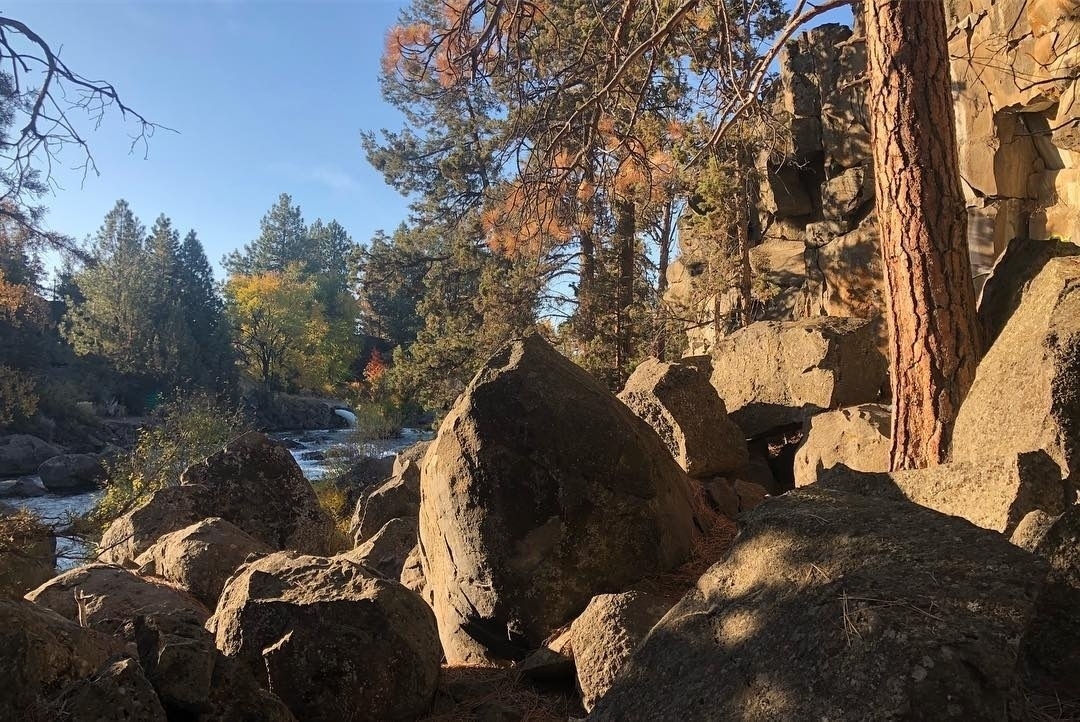
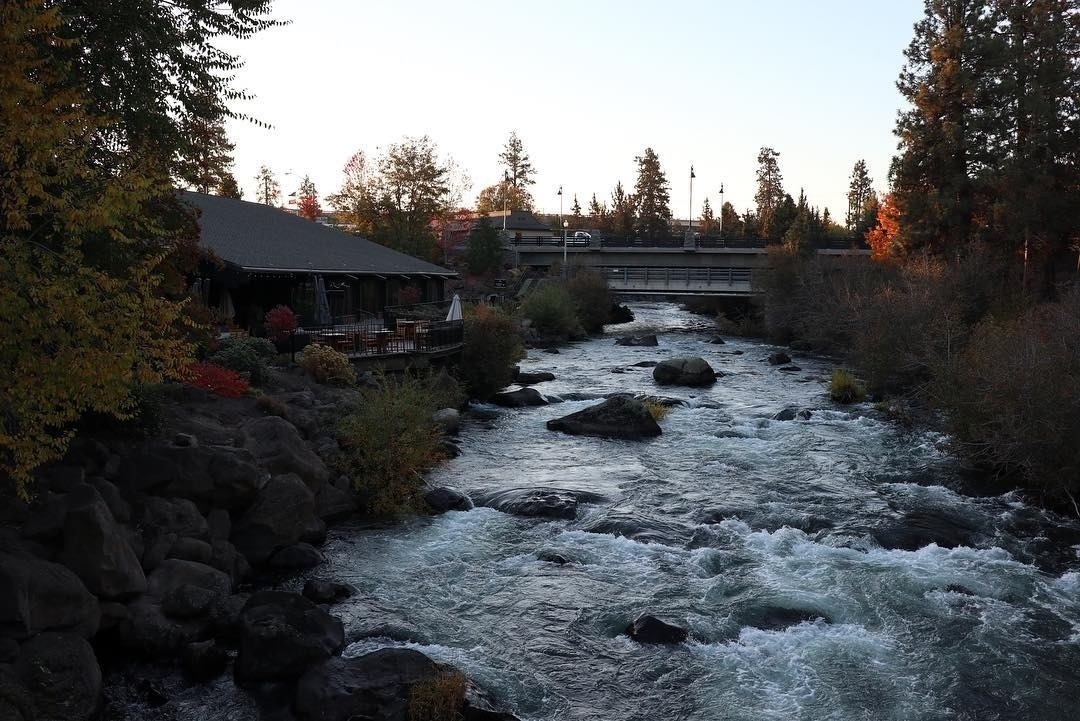
The dood abides
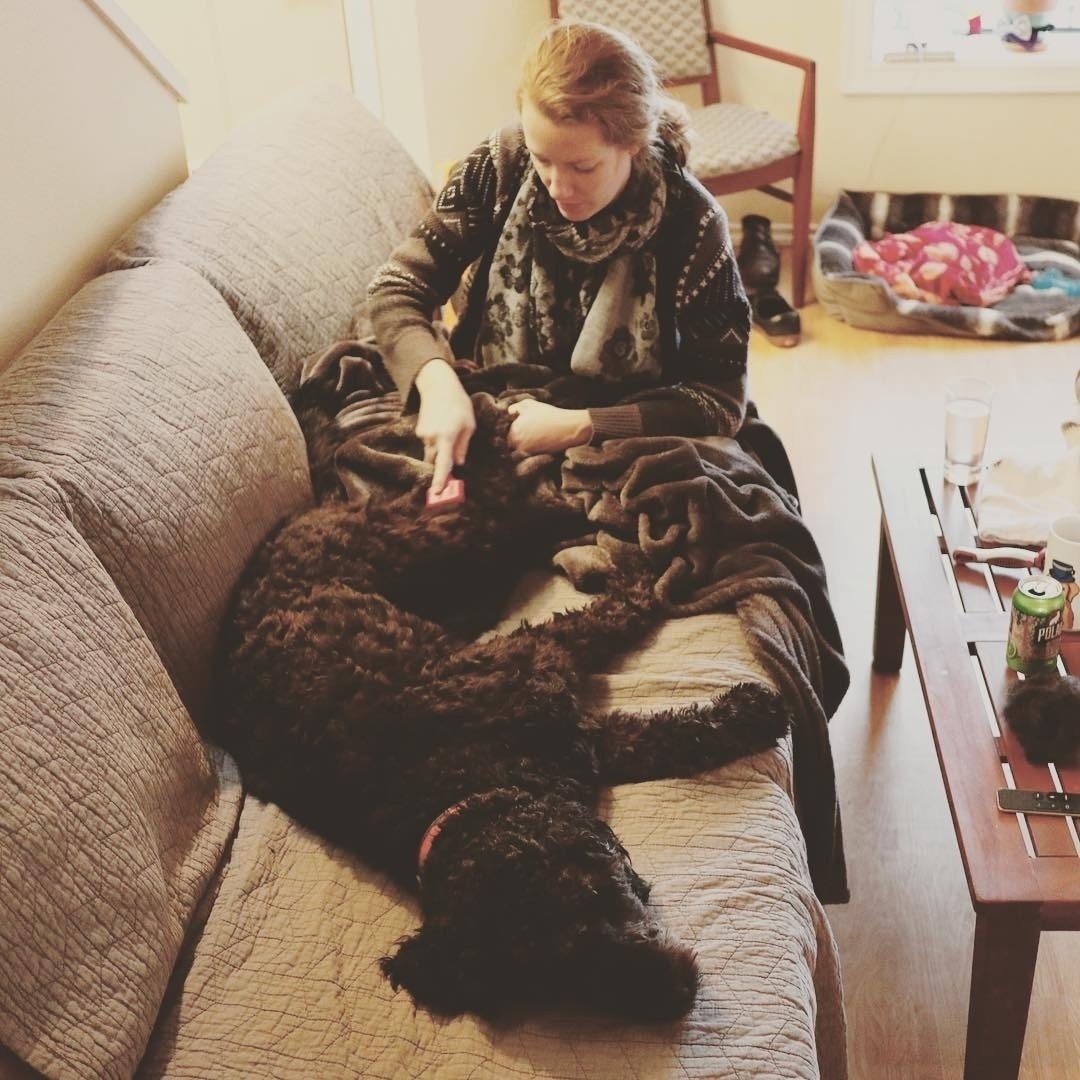
ðâ¨
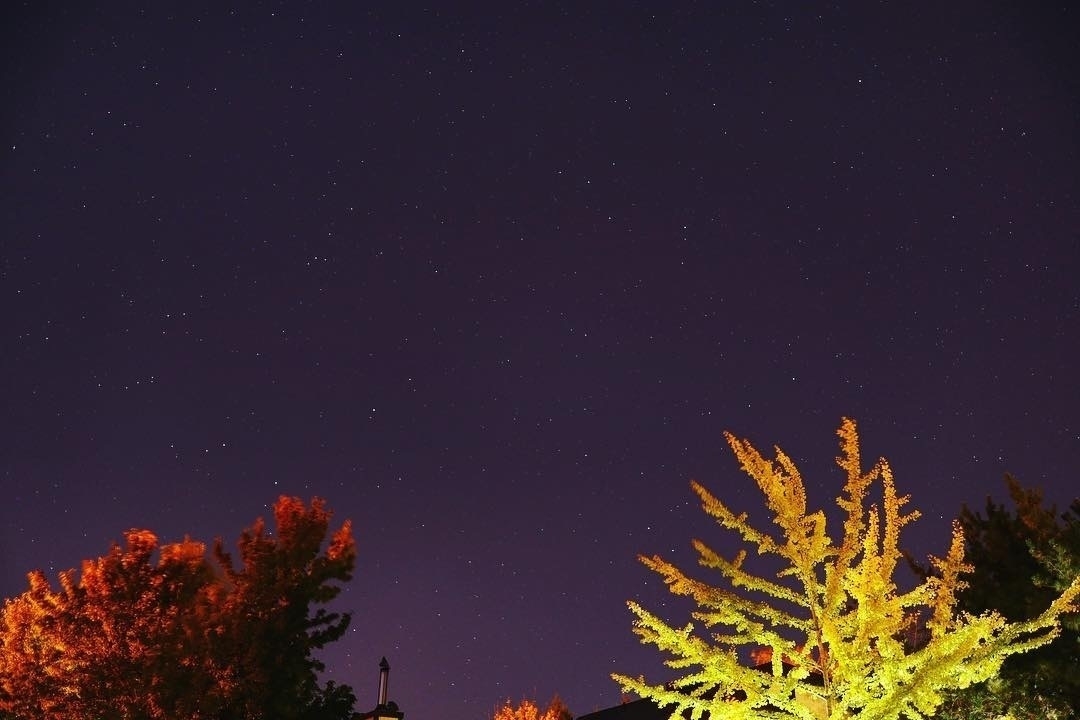
Still bloominâ

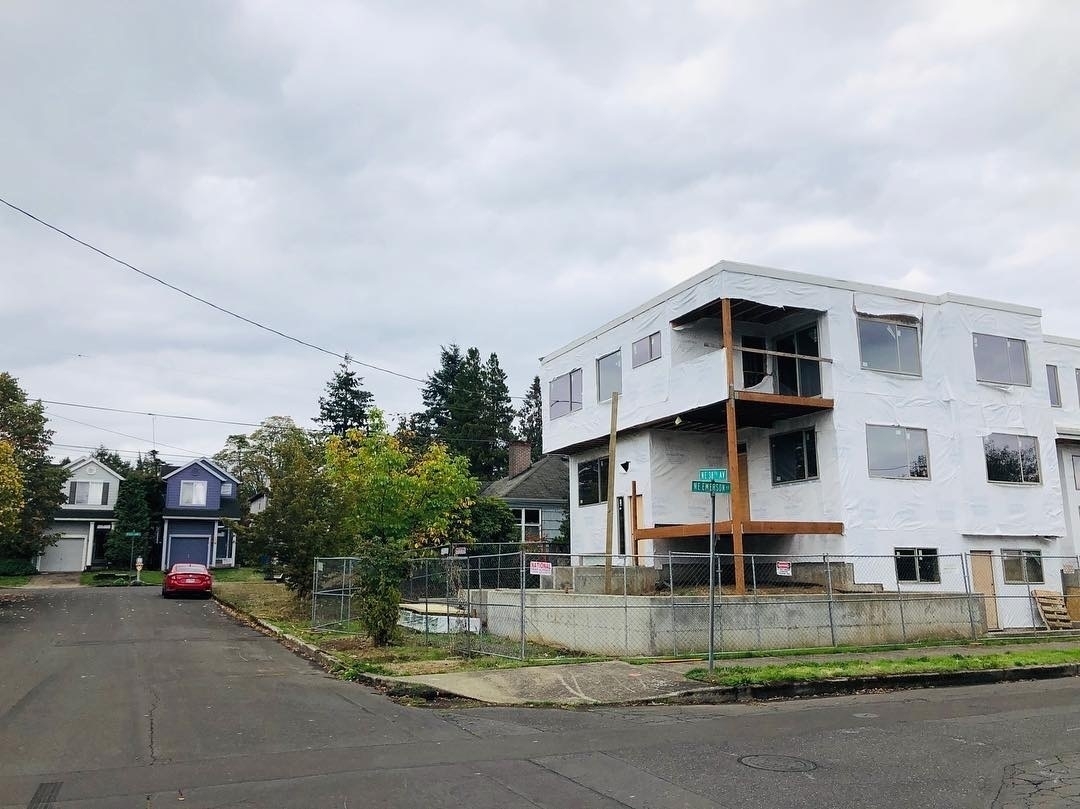
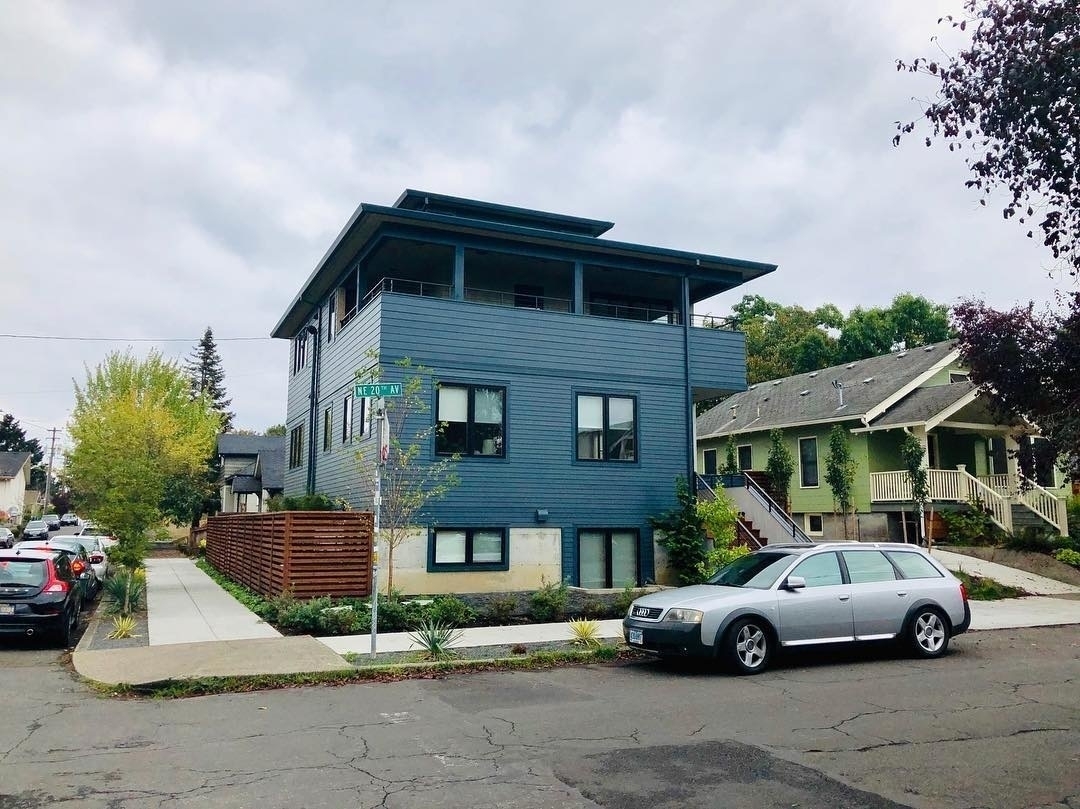
Over the moon. #23weeks
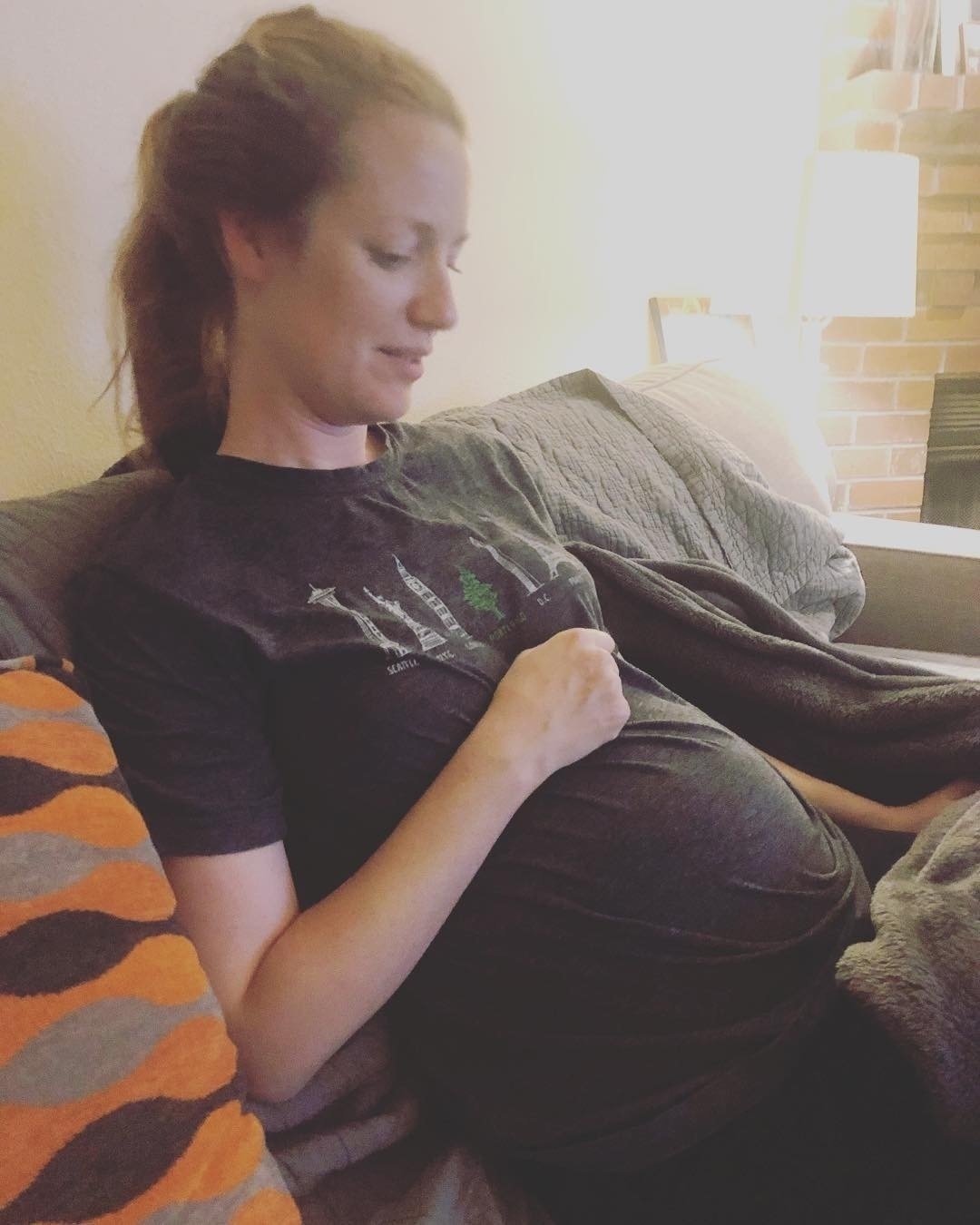
“I cannot endure to waste anything as precious as autumn sunshine by staying in the house. So, I spend almost all the daylight hours in the open air.”
-Nathaniel Hawthorne
Geez, a year goes by quickly. I started this blog out of an excitement for living more intentionally, and as a result of living more intentionally, this blog fell to the wayside. I started a new job that I love, got married, went on a honeymoon, became a vegetarian (7 months!), quit using nicotine altogether (almost 2 years cigarette-free, 3 months vape-free!), and now my wife is 22 weeks pregnant with our first child. Whew.
And yet life has not been all sunshine and butterflies. My mother was recently diagnosed with breast cancer and underwent a double mastectomy. She’s about to start …
Strength comes in many different forms, not least of which are hope, bravery and love. You have these in spades, mom. Iâm very grateful for you and your strengths. Youâre taking a brave step tomorrow and I wish I could be there to hold your hand. Iâm sorry you have to go through this, but I know you will only come back stronger, as you have so many other times. I love you. #fuckcancer

